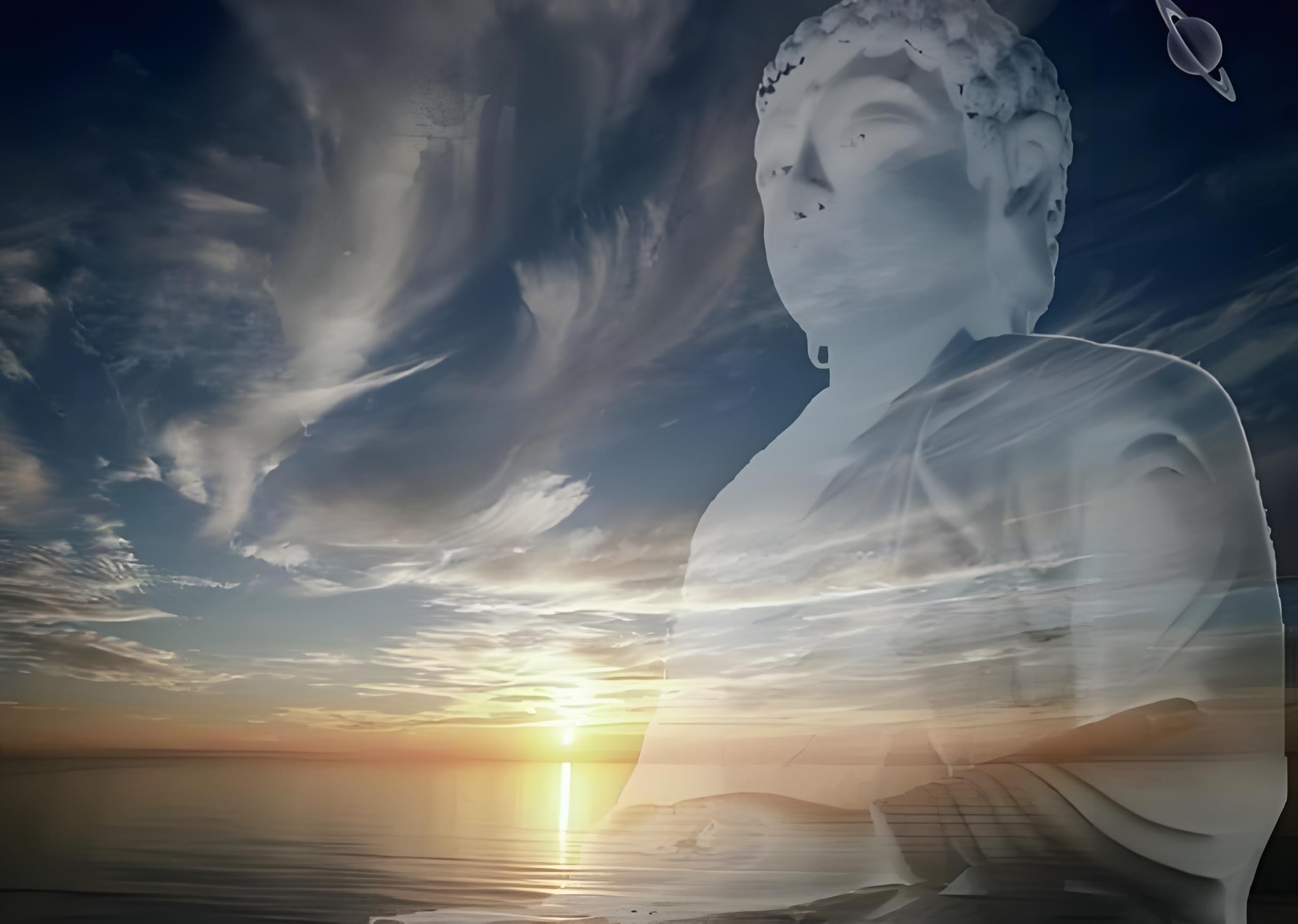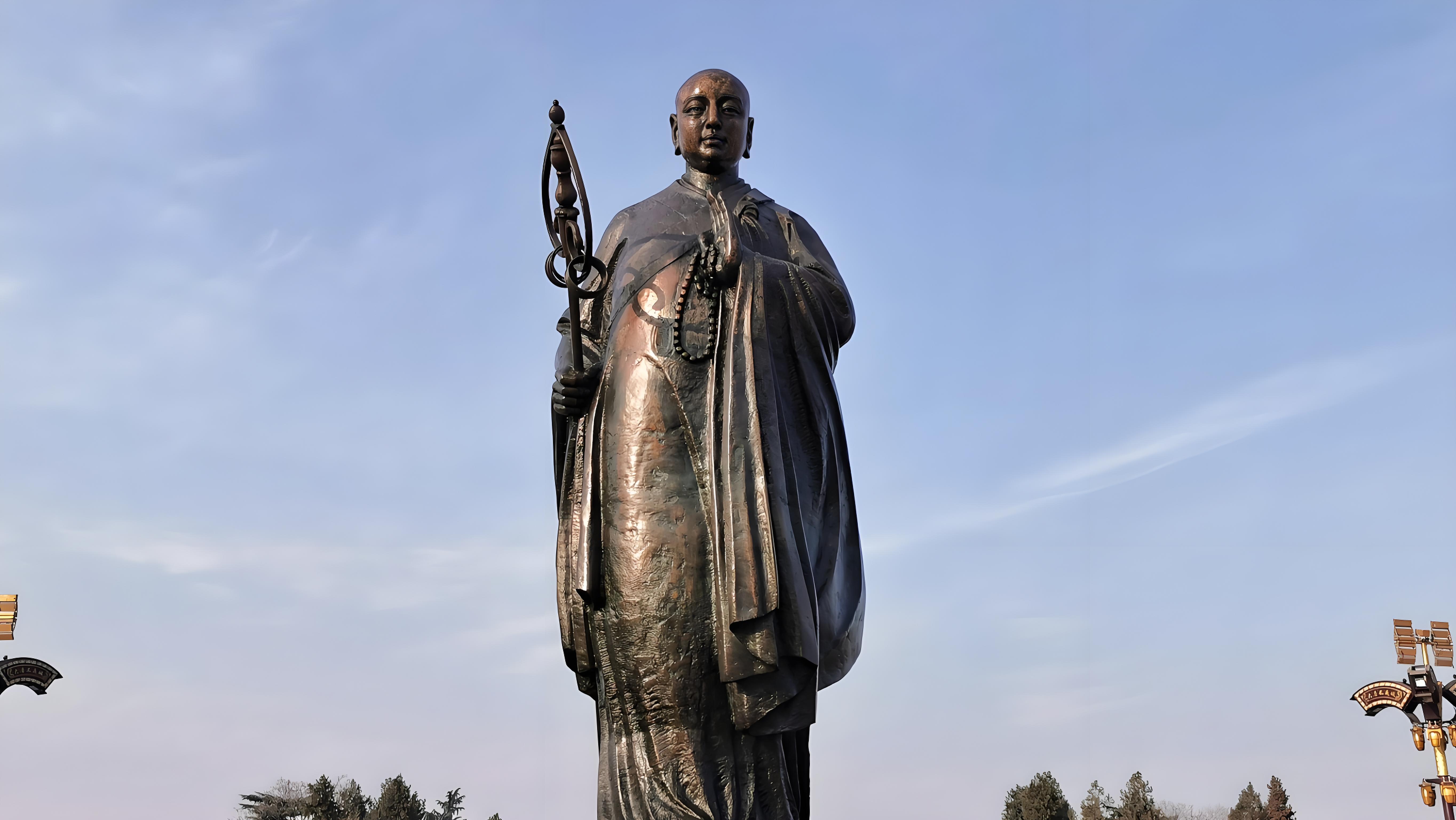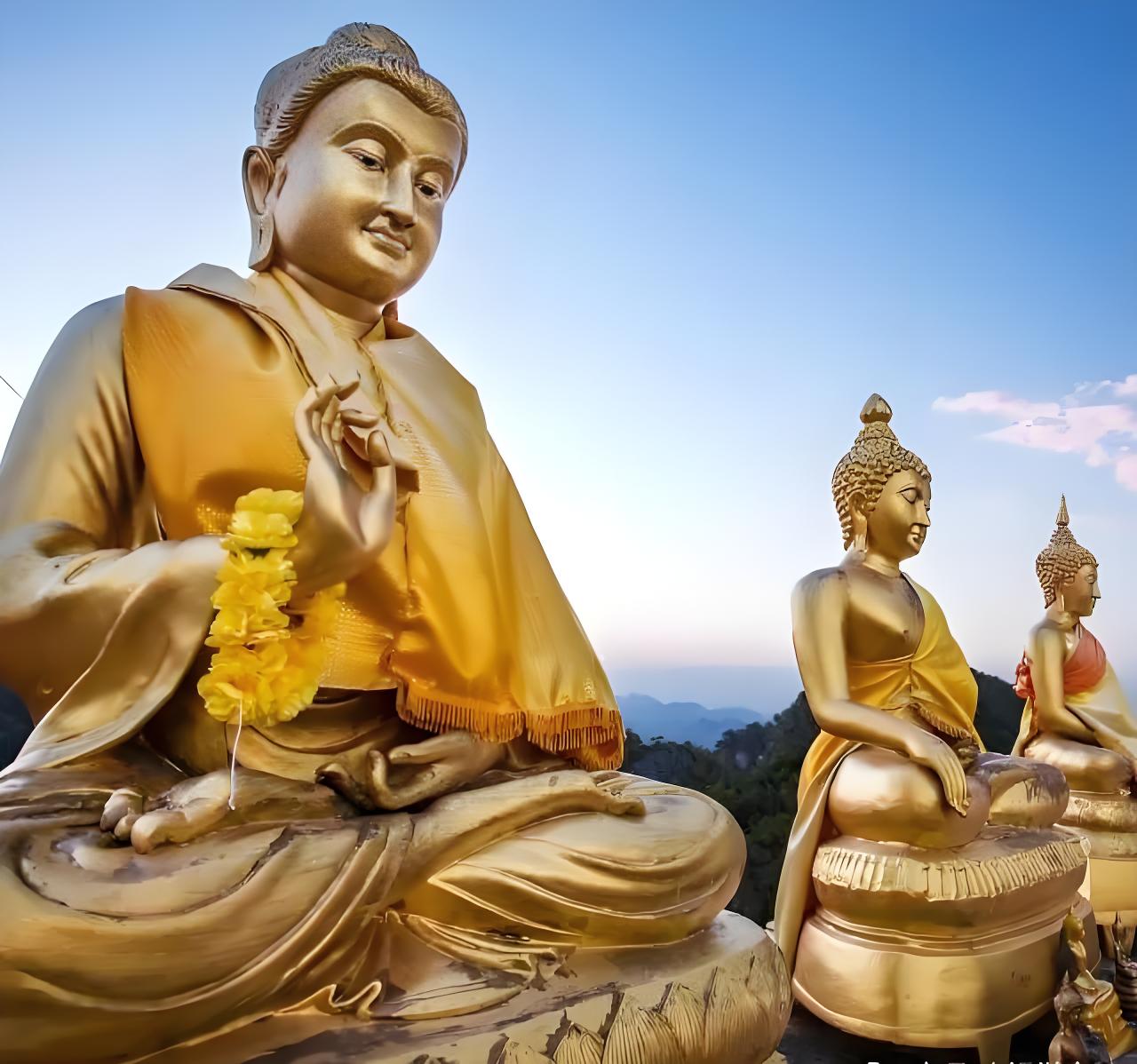Many people are curious about the concept of life after death. In Buddhism, this is often understood through the lens of rebirth and reincarnation. However, it’s important to note that the Buddhist perspective differs from some common understandings of reincarnation. Therefore, let us delve deeper into what Buddhism teaches about this fascinating topic. It’s a journey of understanding that involves examining key concepts. We will explore these concepts to get clarity.
Does Buddhism Believe in Reincarnation?
The simple answer is yes, but with a significant nuance. Buddhism doesn’t believe in a permanent soul transmigrating from one life to another. Instead, the concept is more accurately described as rebirth. Therefore, this process involves the continuity of consciousness and karmic energy. This energy drives the cycle of life, death, and rebirth. Consequently, understanding this difference is key to grasping Buddhist teachings on existence. It’s a process that is deeply connected to karma. It is also connected to the understanding of the nature of self.
Understanding Rebirth and Reincarnation in Buddhism
So, what is rebirth and reincarnation in Buddhism about? Instead of a soul moving to a new body, Buddhism speaks of a continuity of consciousness. This consciousness is a stream of mental and physical processes. This stream is conditioned by past actions, or karma. Furthermore, at the point of death, this conditioned energy propels the arising of a new consciousness. Hence, this new consciousness is not the same as the previous one. However, it carries the karmic imprint. This process is similar to how a flame passes to a new candle. While the flame appears new, it depends on the old flame. It’s a continuous flow, not a transfer of something fixed.
The Buddhist Concept of Buddhism Reincarnation
The term Buddhism reincarnation is often used, however, it is not entirely accurate. As mentioned previously, Buddhism doesn’t subscribe to the concept of a soul transferring bodies. Instead, it proposes a process of rebirth influenced by karma. Furthermore, this process continues until one achieves enlightenment. After achieving enlightenment, it is when the cycle ends. Consequently, liberation is the goal of the Buddhist path. It’s freedom from the endless cycle of suffering and rebirth. The cycle of suffering is also called samsara. Therefore, the concept of rebirth is central to understanding the four noble truths.
The Role of Karma in Reincarnation in Buddhism
Karma plays a vital role in reincarnation in Buddhism. Every action, thought, and intention creates karmic seeds. These seeds influence future experiences, including the conditions of rebirth. Therefore, positive actions lead to favorable results. Similarly, negative actions lead to suffering. Moreover, the quality of one’s actions determines the circumstances of future lives. It’s important to note that karma is not a system of rewards and punishments. Instead, it is a natural law. This law governs cause and effect. In conclusion, we are all responsible for our actions.
What is Reborn?
Given the absence of a soul, one might ask, what exactly is reborn? It is not a fixed entity that continues from one life to another. Instead, it is a collection of constantly changing aggregates. These aggregates include form, feeling, perception, mental formations, and consciousness. Additionally, these aggregates are always in flux. Therefore, when we die, the aggregates dissolve. However, the karmic energy attached to them continues to manifest. It will manifest in a new set of aggregates. This process continues until one breaks free from the cycle. This process can be understood as a flow of energy. Therefore, it’s not a literal reincarnation of a soul.
The 6 Realms of Rebirth
Buddhism describes 6 realms of existence that one can be reborn into. These realms reflect the different states of consciousness. Furthermore, they are shaped by past actions. These realms include the gods, demi-gods, humans, animals, hungry ghosts, and hell beings. However, it’s important to note that these are not permanent or fixed destinations. Instead, they are temporary states. The realms are dictated by karmic conditions. This is a useful framework for understanding how our actions impact the course of our life experiences. Consequently, they also impact our future.
Breaking the Cycle of Rebirth
The ultimate aim in Buddhism is to break free from this cycle of rebirth. This cycle is also called samsara. This can be achieved through the path to enlightenment. The path is outlined by the eightfold path. This path involves ethical conduct, mental discipline, and wisdom. Therefore, by cultivating these qualities, one can purify their karma. Furthermore, one can realize the true nature of reality. When this realization occurs, the cycle of rebirth ends. Consequently, one experiences nirvana, a state of liberation and peace.
Rebirth and the Concept of No-Self
One of the foundational teachings of Buddhism is the concept of no-self or anatta. This concept is essential for understanding rebirth. Because, it contradicts the notion of a permanent soul. Therefore, if there is no fixed self, what is it that is reborn? As previously mentioned, it is not a fixed entity. Instead, it is a stream of consciousness. This stream is conditioned by karma. Furthermore, understanding no-self helps to loosen the attachment. This also helps to reduce the ego. This is a crucial step towards liberation from suffering.
Common Misconceptions about Reincarnation in Buddhism
Many misunderstandings exist about reincarnation in Buddhism. For example, many assume it involves a soul transferring into another body. However, that’s not the Buddhist perspective. Instead, it is a continuity of consciousness and karmic energy. Also, some people believe rebirth is a reward or punishment system. It’s not a form of justice. However, it is a result of our own actions. It is a natural law of cause and effect. Therefore, understanding these differences helps to appreciate the unique perspective of Buddhism.
The Importance of Understanding Rebirth
Understanding rebirth and reincarnation in Buddhism is crucial. This concept helps to make sense of suffering and the cycles of life. Moreover, it inspires us to take responsibility for our actions. It also directs us towards cultivating positive karma. Additionally, the concept helps to understand the impermanent nature of life. It can motivate us to follow the path to enlightenment. Furthermore, it provides a framework for understanding the interconnectedness of all beings. In conclusion, this deeper understanding is invaluable.
The Practical Implications of Rebirth
The concept of rebirth and reincarnation in Buddhism has practical implications. For example, it encourages us to live mindfully and ethically. Because, our current actions affect our future lives. Furthermore, it fosters compassion towards all beings. Because, all beings are subject to the same cycle. Additionally, it motivates us to work towards liberation. Because, we can stop suffering. Therefore, by understanding this concept, we can live our lives more meaningfully. Also, it provides a sense of continuity. This can reduce the fear of death.
The Cycle of Rebirth and Suffering
The cycle of rebirth is closely related to the Buddhist understanding of suffering, or dukkha. Therefore, as long as we are within the cycle, we will continue to experience suffering. This suffering is inherent in the nature of impermanence and attachment. Furthermore, this cycle of rebirth is perpetuated by our own ignorance and craving. Consequently, by understanding the causes of our suffering, we can work to eliminate them. This involves understanding the nature of suffering, its origin, its cessation, and the path leading to its cessation.
Different Schools of Thought on Rebirth
While the fundamental principles remain consistent, different schools of Buddhism may interpret rebirth differently. For example, some traditions may emphasize the role of specific realms. Whereas, others may focus on the practical application of karma. These variations do not change the core concept of rebirth. Instead, they offer different perspectives on the path. It’s also important to learn from the teachings of the different schools. Therefore, it can provide a wider understanding of the topic.
Conclusion
The concept of rebirth and reincarnation in Buddhism is a complex and profound teaching. It challenges us to think beyond the limitations of a single lifetime. Furthermore, it encourages us to take responsibility for our actions. It also inspires us to work towards liberation. By understanding this teaching, we can deepen our understanding of life, suffering, and the path to enlightenment. It’s a journey of discovery that requires practice and reflection.



